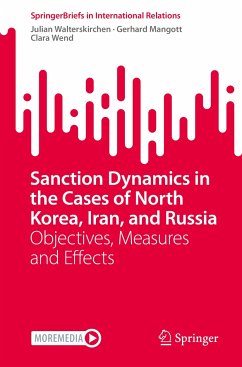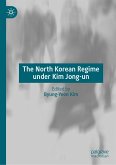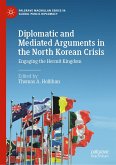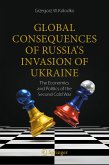This book examines the sanction regimes imposed by the United States, the European Union, and the United Nations against Russia, Iran, and North Korea. While the application of sanctions as a foreign policy tool has developed considerably, particularly over the last three decades, their empirically verifiable effects remain contested.
Based on detailed empirical evidence, this book investigates the dynamic nature of individual sanctions measures, their multi-layered objectives as a foreign policy tool, their effects on the targeted economies and governments, and how targeted states respond to them. Furthermore, it offers a rare comparative perspective. The book presents a concise summary of the most important aspects and describes some key characteristics that could improve the use of sanctions as a foreign policy tool.
This book will appeal to researchers, scholars, and students of international relations, as well as practitioners and policy-makers interested in a better understanding of the effects of sanction regimes and the improvement of sanctions as a foreign policy tool.
Dieser Download kann aus rechtlichen Gründen nur mit Rechnungsadresse in A, B, BG, CY, CZ, D, DK, EW, E, FIN, F, GR, HR, H, IRL, I, LT, L, LR, M, NL, PL, P, R, S, SLO, SK ausgeliefert werden.
Es gelten unsere Allgemeinen Geschäftsbedingungen: www.buecher.de/agb
Impressum
www.buecher.de ist ein Internetauftritt der buecher.de internetstores GmbH
Geschäftsführung: Monica Sawhney | Roland Kölbl | Günter Hilger
Sitz der Gesellschaft: Batheyer Straße 115 - 117, 58099 Hagen
Postanschrift: Bürgermeister-Wegele-Str. 12, 86167 Augsburg
Amtsgericht Hagen HRB 13257
Steuernummer: 321/5800/1497
USt-IdNr: DE450055826









